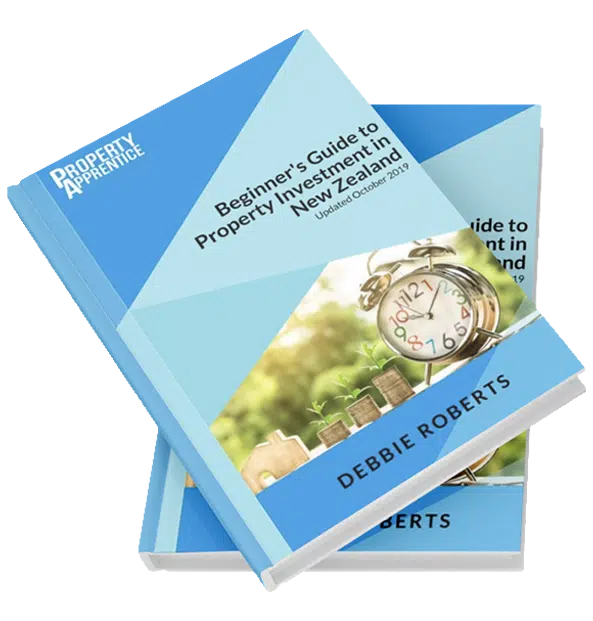How to Find a Good Property Manager
Many property investors find that Property management can be tedious due to the numerous responsibilities and tasks involved in effectively managing a rental property. New regulations and responsibilities can make property management exhausting, and the penalties can be very expensive if you aren’t meeting your responsibilities under the Tenancy Act, which is why we recommend that you use a good property manager instead of attempting to do it yourself (especially if you are not prepared to put in the time and effort to learn how to do this properly). It is crucial to your investment success and is key to having a good tenant-landlord relationship. After all, you should be treating property investment like a business, and your tenants should be treated like your most valued client. Without tenants, property investment wouldn’t work, and likewise, without property investors there would be far fewer rental properties available for those who need to rent a home to live in. Landlords and tenants need each other, let’s not forget that it is a mutually beneficial relationship.
Self-management could potentially save you money (if you do it properly), and many landlords who self-manage strongly believe that nobody will manage your property better than you will, however, this isn’t always the case. Self-management might not actually be a feasible option for many landlords, especially if they don’t live close by their investment property, or don’t have the time required to do it properly.
Luckily, property management services are available in most areas of the country today. Because of the number of options in the market, it’s important that you determine which company or independent professional is suitable for you. If this is your first time hiring a property manager or have previously tried hiring someone who isn’t a good fit, we’re here to help. These are some steps to take so the hiring process easier:
- Do your research and seek referrals: Start by researching property management companies or individual property managers in your local area. Seek recommendations and referrals from friends, family, or other property investors who have had positive experiences with their property managers.
- Check Credentials:Verify the credentials of the property manager or management company. Look for qualifications such as being a member of the Real Estate Institute of New Zealand (REINZ) or other relevant industry associations. Property Managers are not currently regulated in NZ, so this is why referrals are often the best method of finding a good one.
- Experience and Track Record: Assess the property manager’s experience and track record. Look for managers who have successfully managed properties similar to yours in terms of size, type, and location.
- Client Reviews: Check online reviews and testimonials from previous clients. This can give you insights into the property manager’s reputation and the quality of service they provide.
- Interview Multiple Candidates: Schedule interviews with at least three potential property managers. Ask about their processes for tenant selection, rent collection, property maintenance, and communication with landlords.
- Fee Structure: Understand the property manager’s fee structure. Compare their fees with other managers in the area to ensure they are reasonable and align with the level of service provided. Check out the extra costs also, for example, do they clip the ticket on repairs & maintenance, how much do they charge if they need to go to tenancy tribunal, how much do they charge for rent inspections? How often do they transfer the rent received into your bank account?
- Communication Skills: Choose a property manager who communicates effectively and promptly. Clear communication is crucial in maintaining a healthy landlord-tenant relationship. Make sure that you communicate with them also, to let them know what your expectations are of them.
- Knowledge of Local Laws: Ensure the property manager is well-versed in New Zealand’s tenancy laws and regulations. Compliance with these laws is essential for a smooth property management process.
- Property Inspection: Inquire about their property inspection procedures and frequency. Regular inspections help identify issues early and ensure the property is well-maintained.
- Contract Review: Before finalizing your decision, carefully review the property management contract. Ensure that all terms and responsibilities are clearly outlined and understood. Check the terms and conditions for cancellation if you are not happy with their performance also.
- Trust Your Instincts: Ultimately, trust your instincts when making the decision. Choose a property manager with whom you feel comfortable and confident in handling your property.
